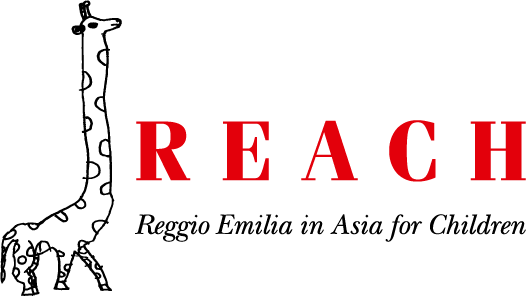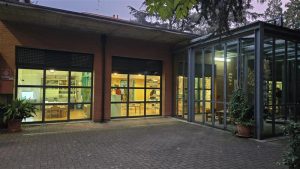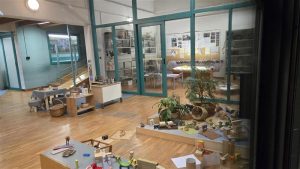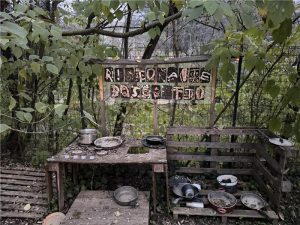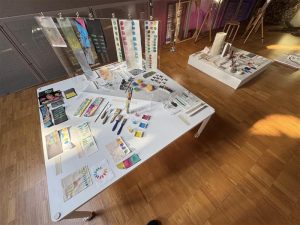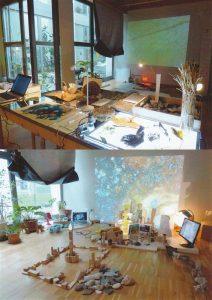The Reggio Emilia Approach to early childhood education places a strong emphasis on the role of families in a child’s learning journey. Unlike traditional educational models where parents play a secondary role, Reggio Emilia settings view families as essential partners in the learning process. This philosophy fosters a culture of collaboration, respect, and shared responsibility between educators, children, and families.
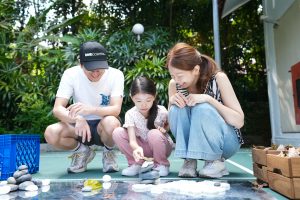
One of the key principles of Reggio Emilia is the belief that children learn best in a supportive, community-driven environment. Parents are encouraged to participate actively in their child’s education, not just as observers but as contributors. They engage in regular discussions with teachers, help document children’s progress, and even take part in classroom activities. This partnership ensures that learning extends beyond the classroom and into the home, creating a seamless connection between school and family life.
Furthermore, Reggio Emilia settings value the diversity of family backgrounds and perspectives. Educators recognise that each family’s unique culture and experiences enrich the learning environment. By integrating family traditions, languages, and values into the curriculum, children develop a deeper understanding of the world around them. This inclusivity fosters a sense of belonging and respect among all members of the school community.
In conclusion, the culture of families in Reggio Emilia settings is one of active participation, mutual respect, and shared learning. By embracing family involvement, these schools create a nurturing environment where children, parents, and educators grow together as a learning community.
Reflection by:
Joanne Tong
Senior Quality Assurance Manager
E-Bridge Pre-School
